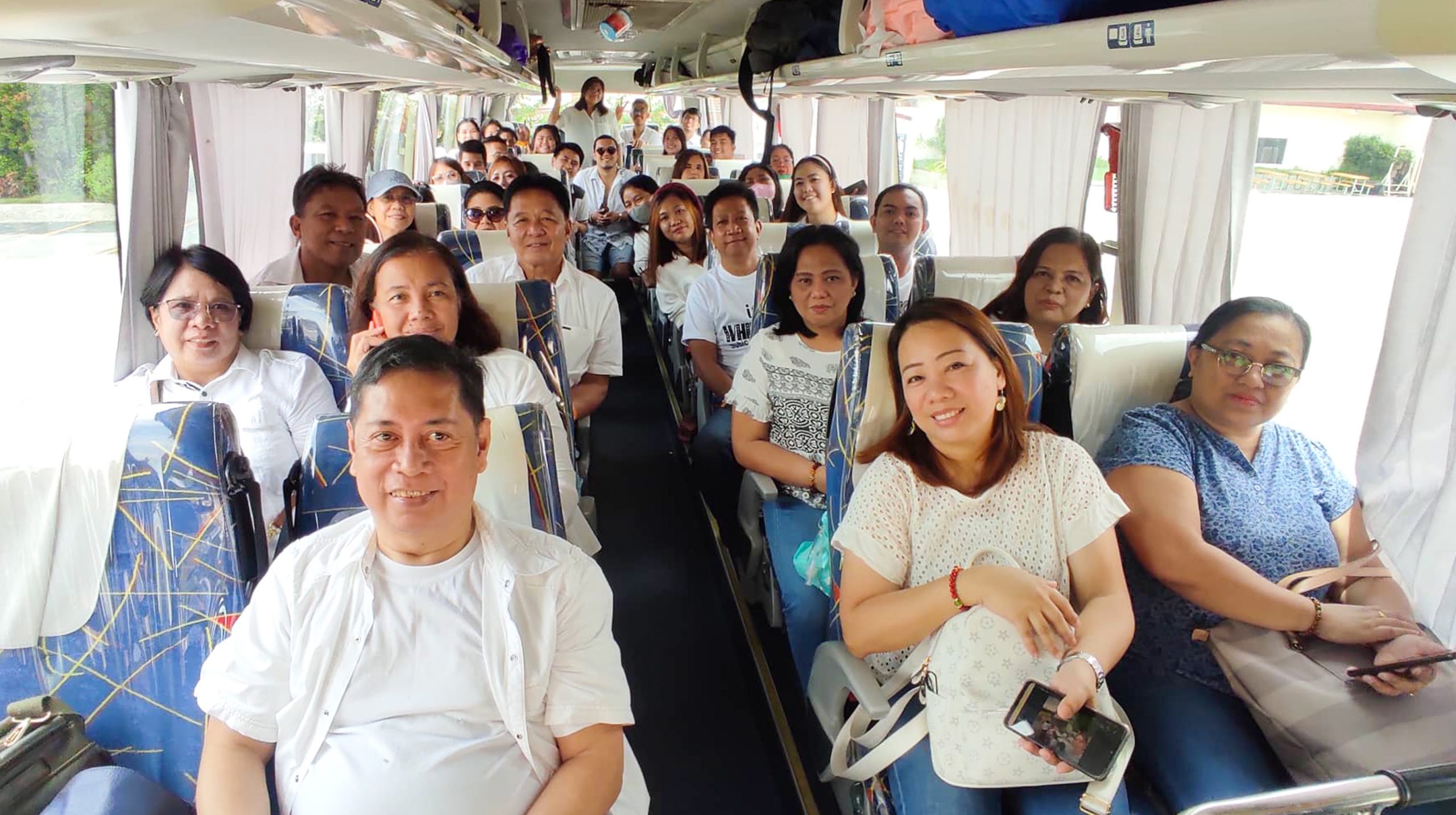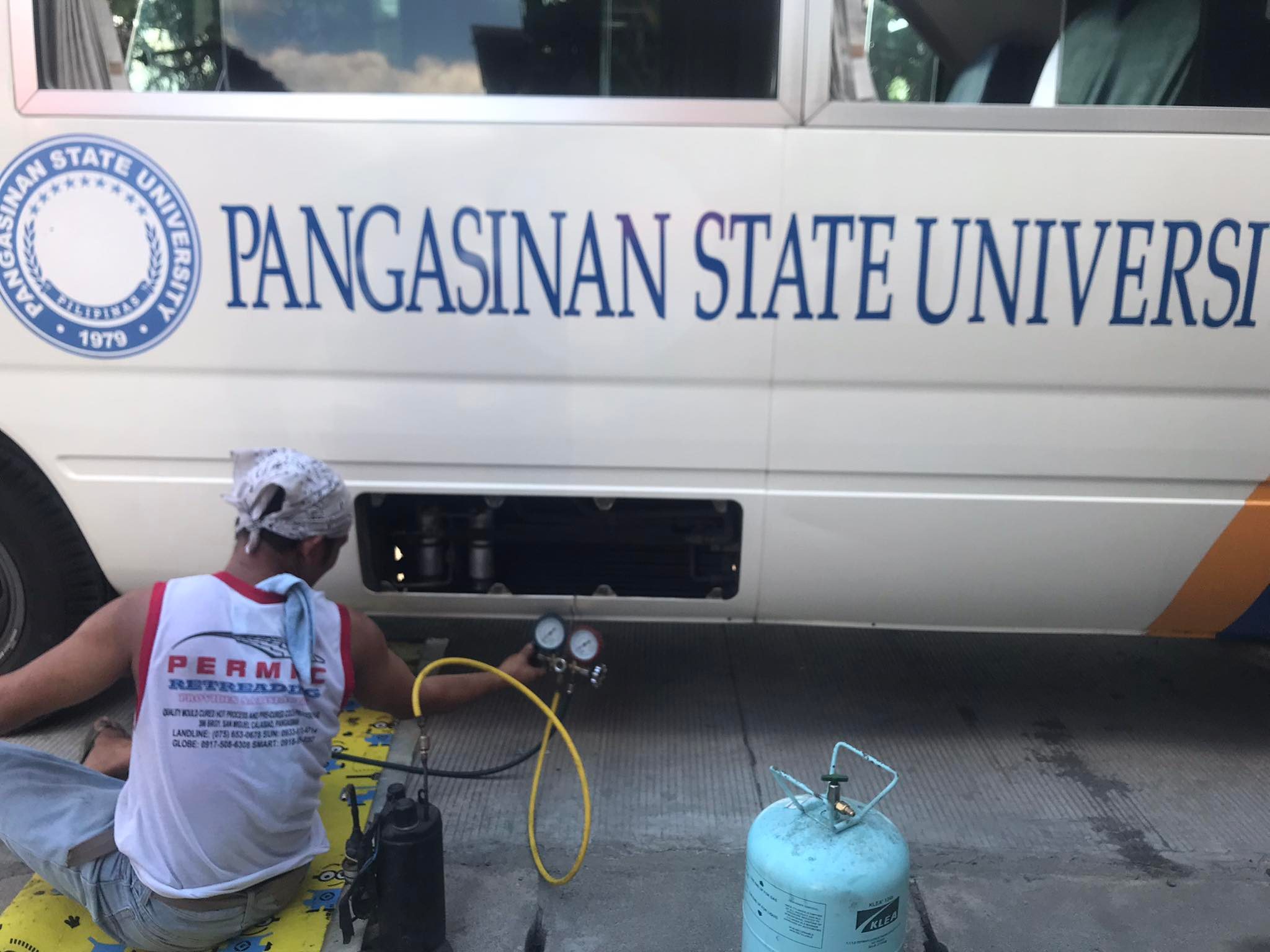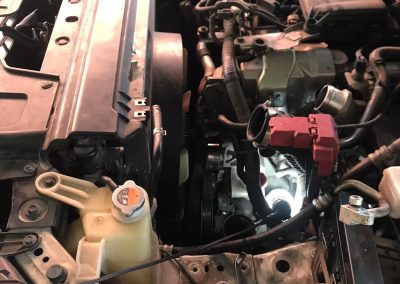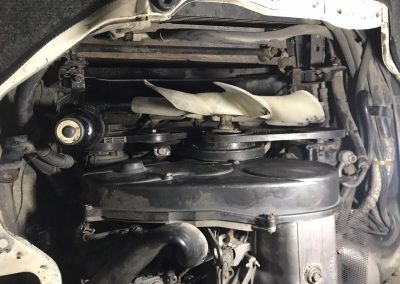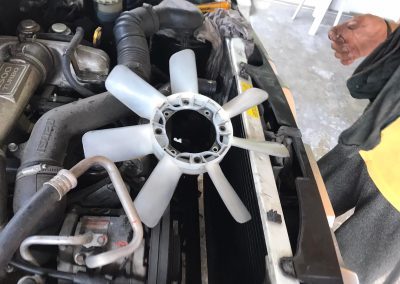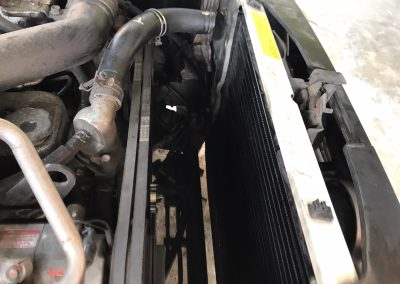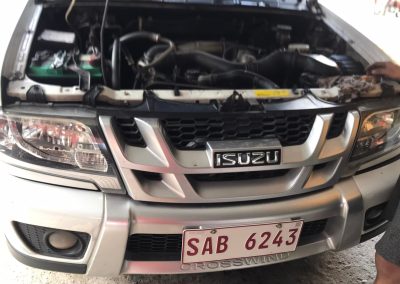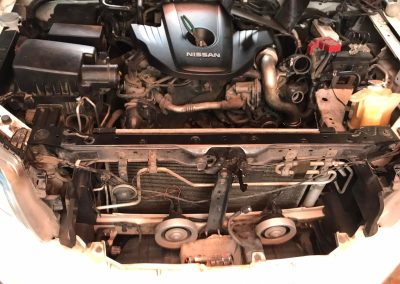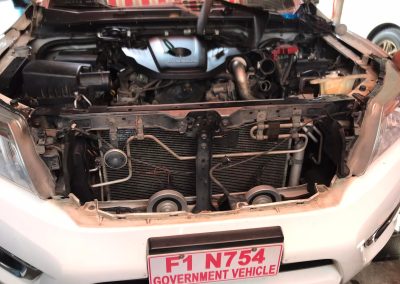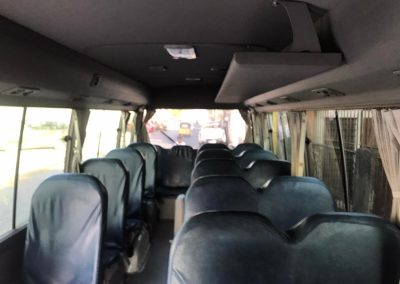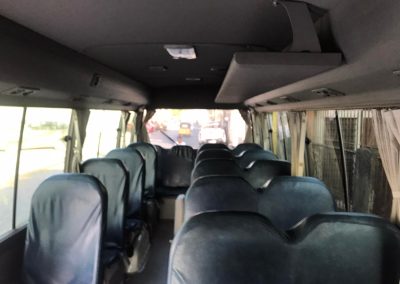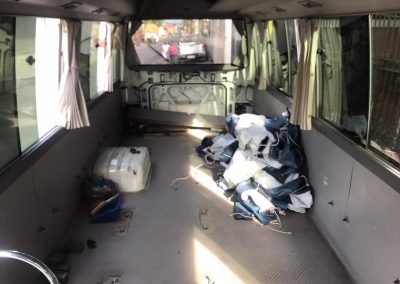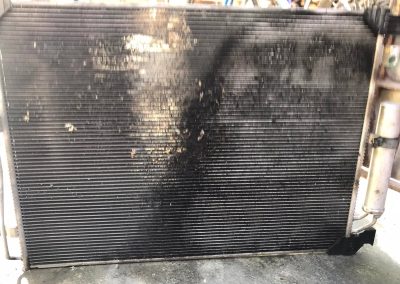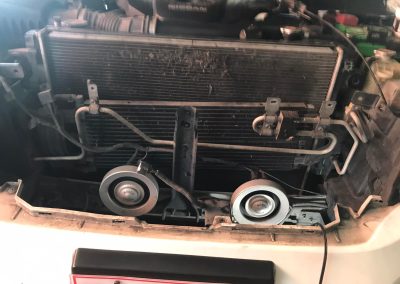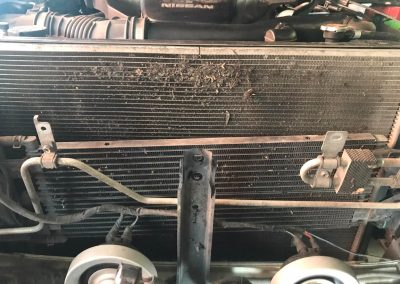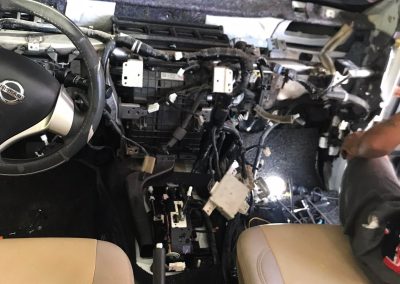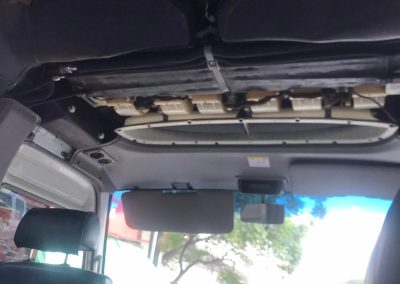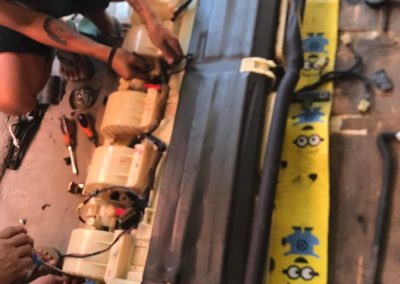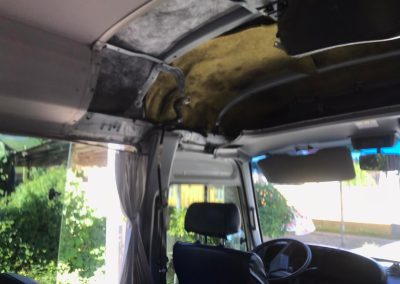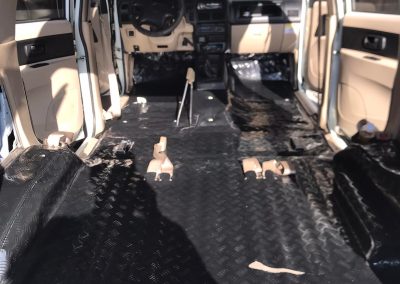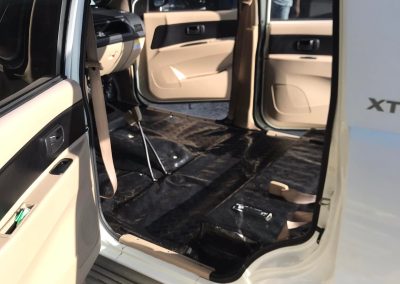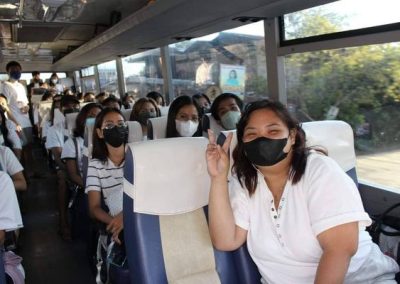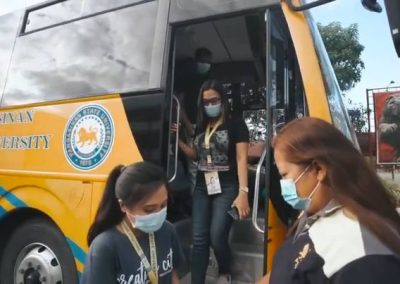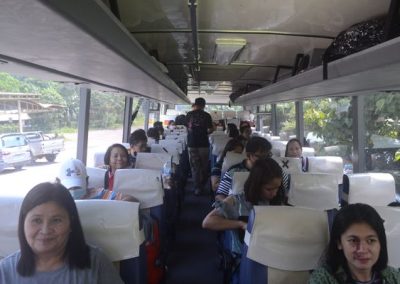The Pangasinan State University supports the implementation of the national government’s Energy Conservation Program as articulated in the Administrative Order 126 series of 2005.
The university policy on Transportation is crafted with AO 126 as the legal bases. Pursuant to Administrative Order No. 103 (s. 2004) and Administrative Order No. 110 (s. 2004), all government agencies and offices are hereby mandated to adopt and implement a program that will reduce their fuel consumption for transport by ten percent (10%) of their average monthly consumption for the 1st semester of 2005.
University Policy on Transportation
-
- PSU is requiring all the campuses and units to adopt additional measures to limit the use of petroleum products and supplies to essential activities properly authorized by their respective heads only and implement a program that will reduce fuel consumption for transport by ten percent (10%) of the average monthly consumption.
-
- The use of government vehicles on Sundays, legal holidays, or out of the regular office hours or outside the route of the officials or employees authorized to use them, or by any person other than such officials or employees, shall unless properly authorized shall be prohibited.
-
- All PSU campuses and offices are prohibited from using government vehicles for purposes other than official business provided, that in every case, the trip ticket authorizing the use of the vehicle shall be displayed on the windshield or in another conspicuous place on the vehicle.
-
- All campuses, units and offices shall limit the use of government vehicles to essential activities and shall review the travel program and schedules to minimize unnecessary trips.
-
- Preventive maintenance check-ups of all University vehicles including repairs should be undertaken as scheduled.
-
- Only passengers listed in the travel order are the only ones allowed to use the vehicle.
-
- All vehicles of the University should be parked in the respective assigned campuses.
-
- All vehicles should be checked for its road worthiness before every trip, should be properly documented with trip ticket, preferably with full tank gas/diesel and checked by the mechanic and driver before dispatch and be returned with full tank as well.
-
- An accomplished Monitoring Report shall be signed by the driver and Security Guard on duty. Non-compliance to the necessary documents would mean rejection of the trip.
-
- Vehicle emission testing should be done to ensure compliance with emission permits or regulatory limits by the regulatory bodies.
PREVENTIVE MAINTENANCE
PSU vehicles are utilized carefully to ensure passengers’ safety. The administration schedule daily, weekly, and monthly check-ups with technicians for preventive maintenance. In this way, the university can save energy, time, and costs in prolonging the life of the vehicles in good condition.
Among the maintenance practices of the university are constant checking of fuels, engines, and emissions as well as testing the vehicles before use. The drivers are trained to conserve water when it comes to washing the vehicles. They are also trained how to conserve energy through the proper use of the engine especially on idle time. Through these routines, the university is able to reduce carbon footprint, material wastes, and expenses.
Only official drivers are allowed to transport the vehicles to guarantee that these are used right. The designated drivers are required to have professional licenses and adequate training before they independently use the vehicles.
PSU Carpool Program (Bes, Pasakay! Pasabay!)
The University Carpool Program was initiated at the onset of the COVID-19 pandemic to address the transport needs of employees in the midst of travel restrictions set by the inter-agency task force (IATF). Employees who are essential workers and members of the skeletal workforce had travel difficulties due to halted operations of public utility vehicles so the University launched the “Bes, Pasakay! Pasabay!” which means “Dude, Hop In! Let’s Ride Together” Program to enable them to continuously report for work and give uninterrupted service to the various stakeholders of the University. The program was sustained and still being implemented until now. Promoting carpooling is a strategy of PSU to lessen its carbon footprints and reduce the travel expenses of its employees on gasoline and wear and tear of their vehicles. It also aims to ease traffic in the major thoroughfares. It also encourages building new friendships among carpool riders.
The program encouraged those who have their own vehicles to participate in the carpool program. There is a fixed carpool arrangement with employees of the same office hailing from the same towns. There is also the friendship carpool which develops naturally among friends who travel to similar destinations. The University vehicles which are assigned in the campuses also offered free rides to the employees to contain the spread of the virus. The University bus is readily available to transport employees and other stakeholders of PSU from the main campus in Lingayen to the City of Dagupan. It fetches passengers in Dagupan at the Petron Gasoline Station at around 6:30 AM and arrives at Lingayen Campus at around 7:45 am. In the afternoon it leaves Lingayen Campus at 5:10 pm and arrives at Dagupan City at around 6:00pm.
